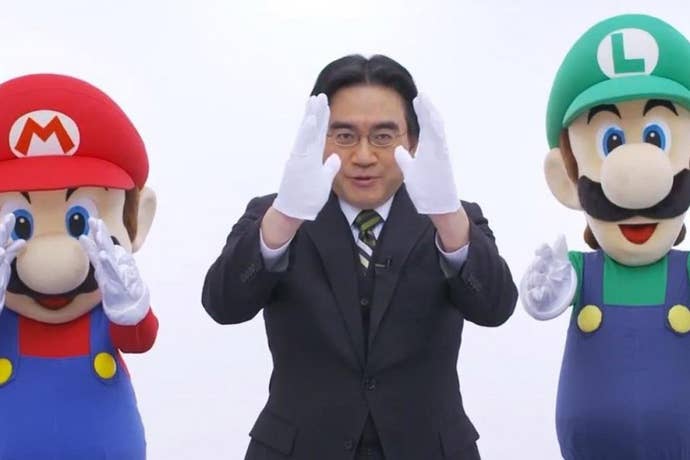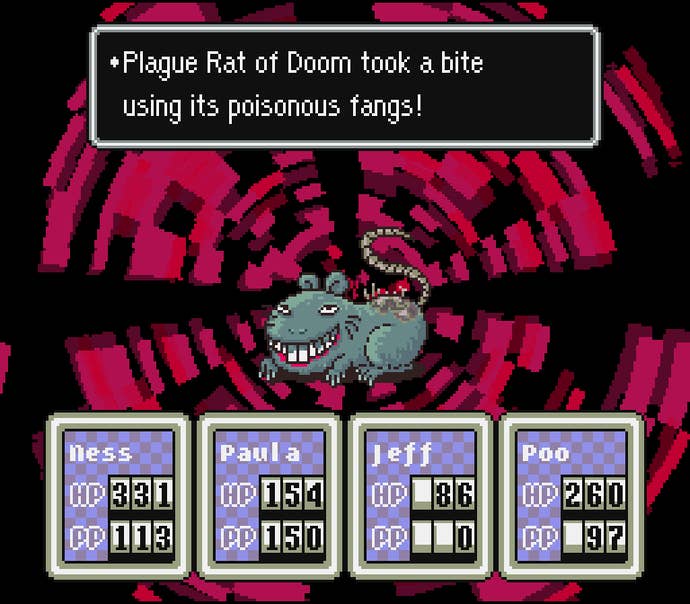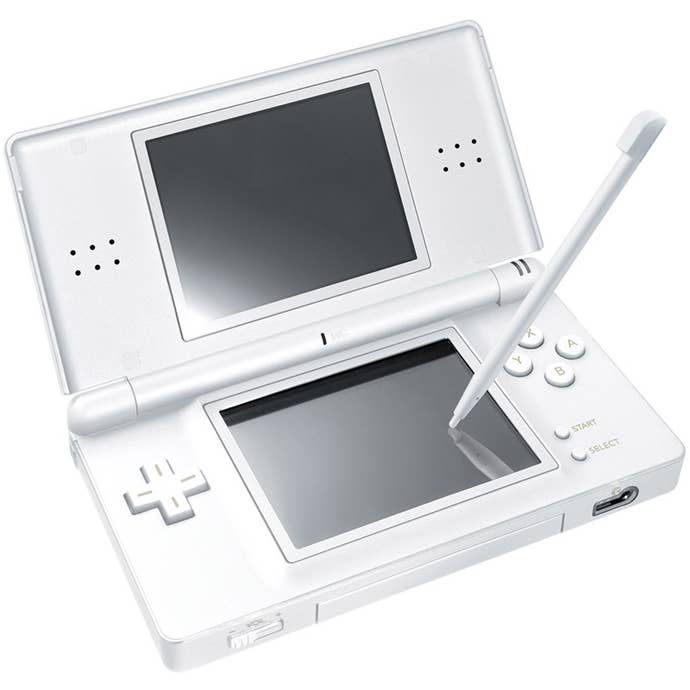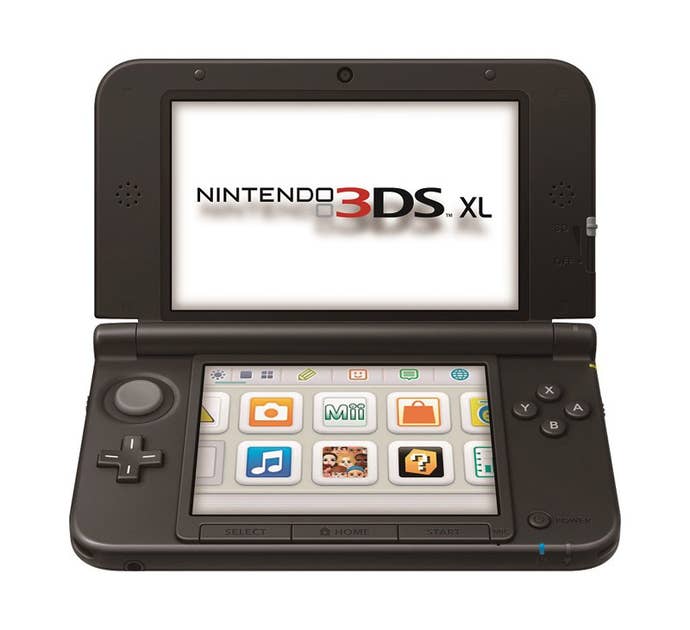Satoru Iwata's 10 Greatest Achievements
Why do so many people care about the untimely death of Nintendo's president? Because he was far more than just an executive.
This article first appeared on USgamer, a partner publication of VG247. Some content, such as this article, has been migrated to VG247 for posterity after USgamer's closure - but it has not been edited or further vetted by the VG247 team.
Originally published July 2015.
Satoru Iwata's death on July 11 struck a massive blow to video games as a medium and as an industry. Iwata was a giant — not simply some stuffed shirt who saw business as a quest to get the biggest numbers on a sales ledger, but also a world-class programmer who had quietly guided Nintendo's home console business, behind the scenes, from the very beginning.
Iwata couldn't have been more different in style and background from his predecessor, the late Hiroshi Yamauchi. Where Yamauchi had little interest in video games and cut an imposing figure while avoiding the public eye, Iwata made many of Nintendo's greatest creations possible. And his warm, self-effacing personality translated wonderfully to the company's Nintendo Direct videos; he was "the uncle who works at Nintendo" personified, except that he didn't just work there — he ran the business.
The loss of any talented game creator is always a tragedy; but Iwata seems especially heartbreaking to countless score of game enthusiasts. His video presence (and his determination to speak to Western audiences in English, despite it not being an entirely comfortable language for him) gave him a connection to fans other executives could only dream about. But even more than that, Iwata played a key role in creating countless games that touched people's lives — changed them, even.
Why are so many people gutted to hear of Iwata's passing? The challenge isn't to come up with reasons — the hard part us whittling the list down to 10.

1. Launched the Nintendo Direct series
Nintendo has long been criticized for being the last console maker to embrace online gaming; ironically, then, it has been by far the pioneer in harnessing the power of the Internet for marketing. Nintendo Direct videos, which run on an unpredictable schedule but generally pop up every few months, have become a sort of year-round mini-E3 for Nintendo fans, bringing new announcements and details on games for an hour at a time. And Iwata hosted the program, the president of the company speaking "direct to you," the consumer. More than just a calculated means by which to whip gamers into a capitalist frenzy, Nintendo Direct also helped turn corporate executives into amiable, relatable personalities. Stilted as Iwata's English may have been, it was impossible to see him as a stuffed shirt when he was on-screen gazing philosophically at bananas or bowing in apology for business plans gone awry.

2. Salvaged EarthBound
Shigesato Itoi's Mother series — better known in the U.S. as EarthBound — has been a cult obsession for American Nintendo fans since before the games ever made their way to the West. EarthBound Beginnings was meant to have come to the States on NES, but didn't actually make its way over until 25 years after the fact. And EarthBound for Super NES went from weird video game obscurity to highly coveted collector prize thanks to a loyal army of fans who continued spreading word of its quirky excellence across the Internet. But there never would have been an EarthBound without Iwata; with the RPG running long over schedule and still resembling an unplayable hot mess of a game, Iwata stepped in an brought order to the chaos of its underlying code. Given EarthBound's impact on so many people's lives, you could argue that this was the most important thing Iwata ever did.
3. Salvaged Balloon Fight
Of course, EarthBound wasn't Iwata's first salvage job for Nintendo. In fact, that's how he came into the company's orbit. When internal development teams found themselves struggling to complete some of their early NES projects and get them running to the standard of their arcade counterparts, Iwata helped get several games up and running within the limitations of the home console hardware. Most famously, he polished the code for Balloon Fight — a blatant Joust clone, yes, but a marvelously designed one... and one that played smoothly on NES thanks to Iwata's knack for programming.

4. Took a leap of faith with DS and Wii
Iwata didn't come up with the revolutionary concept behind the Nintendo DS — that was an initiative spurred by his predecessor, Yamauchi. However, Iwata — still freshly minted as NCL President in 2004 — saw the unconventional handheld system through from conception to launch, pushing it out the door to get the jump on Sony's PSP. While initially presented as an alternate product line to the Game Boy family, the DS quickly became a replacement instead as players took to its accessible interface and unique software. Two years later, the Wii debuted and did likewise for console game design. Nintendo saw its greatest successes of all time under Iwata.

5. Salvaged the 3DS
Not everything Iwata touched turned to gold, however, and the Nintendo 3DS initially seemed a poor successor to the original DS. A mere half-year after the 3DS's debut, Iwata took dramatic steps to turn the system's fortunes around; apologizing for its issues, he initiated a significant price drop, spearheaded new software initiatives, and offered a remarkable library of free (and partially exclusive) games as a make-good to early adopters to compensate for the quick price drop and thank them for their loyalty as "ambassadors." The 3DS will never hit the highs of the DS at its peak, but Iwata's bold steps didn't merely save the system (and likely Nintendo's business); the 3DS just might be gaming's greatest comeback story ever.

